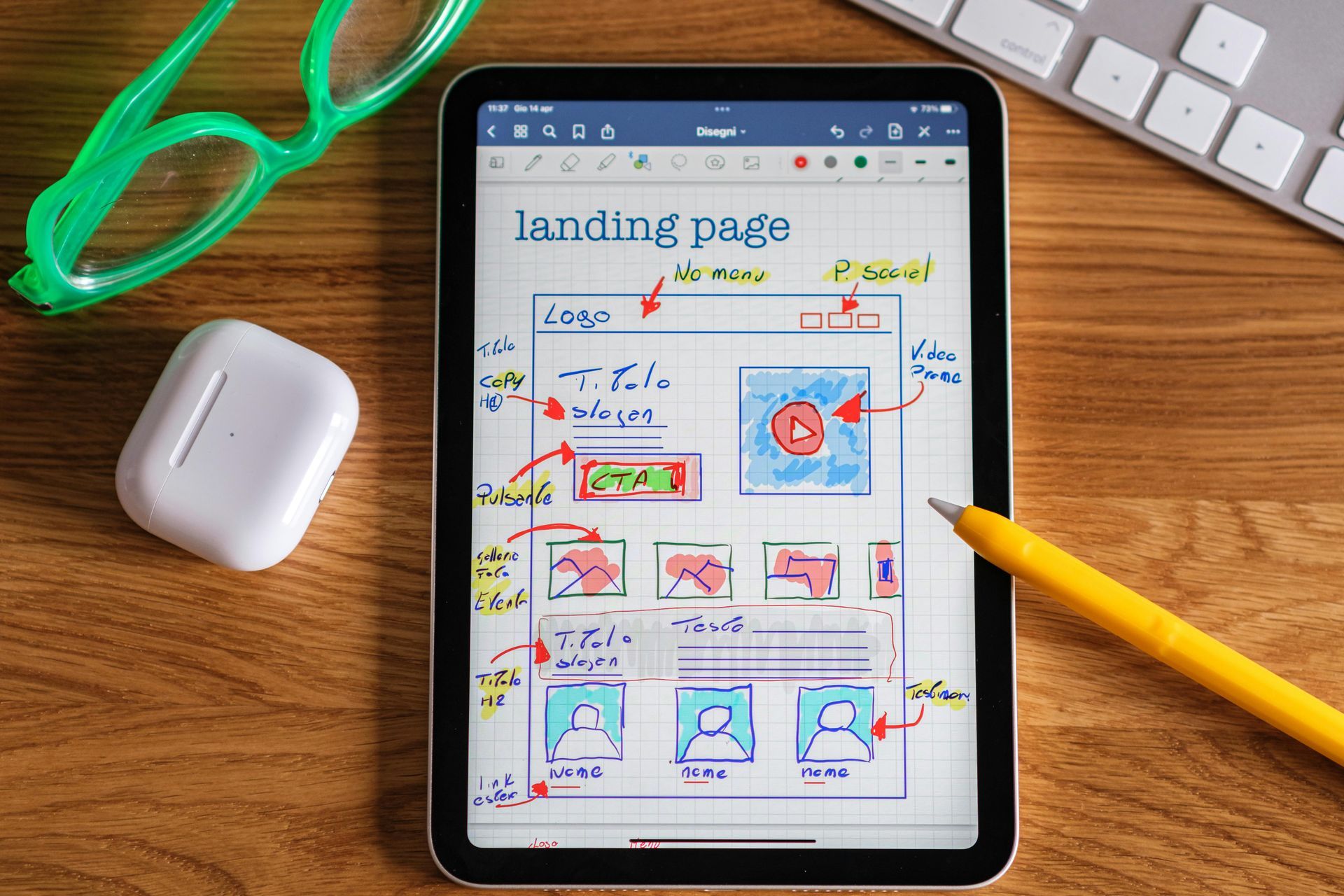Press Room
Enjoy our industry insights here and be sure to sign up for our monthly newsletter below.

Managing finances in a restaurant is more than just balancing the books—it’s a constant challenge of keeping cash flow steady, ensuring payroll is accurate, and staying compliant with tax regulations. With 3-5% profit margins and high transaction volumes, even small financial missteps can have serious consequences. Many restaurant operators rely on generalist CPAs or outdated accounting systems, only to find that their financial reports are inaccurate, tax filings are late, and cash flow projections are unclear. Multi-unit operators face even greater hurdles, juggling multiple locations while trying to maintain financial stability and growth. Outsourcing accounting can provide relief, but choosing the right partner is critical. The best providers go beyond basic bookkeeping, offering real-time financial insights, seamless technology integration, and industry-specific expertise. With the right support, restaurant owners can shift their focus from managing spreadsheets to running and growing a successful business. Here’s what to look for—and what to avoid—when selecting an outsourced accounting provider. Understanding Your Restaurant’s Specific Needs Finding the right outsourced accounting partner starts with understanding your restaurant’s unique financial challenges. Whether you operate a single location or a multi-unit franchise, your accounting needs will vary based on business size, operational complexity, and growth goals. A one-size-fits-all approach won’t work—your financial partner should be equipped to handle the nuances of restaurant finance at every stage. How Size and Complexity Impact Financial Management Every restaurant’s financial needs depend on its size and structure. A single-unit restaurant may only need basic bookkeeping, while a multi-unit operator must manage high transaction volumes, centralized reporting, and payroll across multiple locations. Franchisees face additional complexities, balancing brand requirements with independent financial oversight. Operators who manage finances in-house often hit a breaking point as their business grows. Smaller restaurants may start with a local CPA or DIY bookkeeping, but as revenue and expenses increase, manual processes become unsustainable. A lack of dedicated financial expertise can lead to delayed reporting, tax filing errors, and difficulty tracking profitability. The Role of Technology in Restaurant Accounting Technology plays a critical role in modern restaurant financial management. Restaurants using Restaurant365, QuickBooks, or other accounting platforms need an outsourced provider who understands these systems and can seamlessly integrate financial data. Without this expertise, operators risk manual errors, inefficient reporting, and compliance issues. An effective accounting partner should also be familiar with POS systems, payroll platforms, and inventory management software. The ability to extract and analyze data from these systems ensures accurate financial reporting and real-time insights. Planning for Growth with Scalable Financial Solutions

From email to social media to traditional advertising, there are many ways to invite current and potential clients to engage with your business. However, your website is your most powerful tool when it comes to developing meaningful relationships and giving people a comprehensive view of your team, offerings, and ways in which you can help enhance their lives or solve problems. GSS took these benefits into account as we recently designed and unveiled our new site . Our intention revolves around a renewed ability to connect with clients, to showcase our competitive edge, reflect the current state of our services , and introduce strategies involved in helping restauranteurs gain an advantage. Based on my experience, I thought I’d share some ideas to consider regarding your restaurant's digital footprint. Intention is Key Along with awareness, business owners should consider what they want to convey through their website. Do you have a unique menu offering? A team of caring employees? High quality of service? Are you perfect for a lunch date or a family dinner after a sporting event? As your business evolves, make sure your website is updated to mirror that progress and build credibility with your customers. Reflecting Growth and Innovation A redesigned or updated site will allow you to showcase new menu offerings, testimonials, or community involvement which highlight your restaurant's evolution. For instance, GSS recently expanded our accounting and business intelligence services to include payroll . It's a move that communicates our commitment to staying ahead in the restaurant accounting sector and is now a significant part of our website. Enhancing User Experience User experience is equal to customer experience when it comes to technology. When someone visits your website, you want to ensure that their digital experience is as pleasant as the service they'll receive inside your restaurant. Paying attention to technological upgrades and trends such as faster load times, more intuitive navigation, and better mobile responsiveness can give you the upper hand in retaining visitors and encouraging engagement. If you offer a mobile ordering app , you'll want to keep a close eye on that experience while also keeping your menu, hours, and other information up to date. Boosting SEO and Visibility HubSpot reminds us that search engines prioritize websites that offer fresh content and up-to-date information. You want potential customers to hang out as long as possible on the site because that will continue to inform search engines that you are worthy of a higher ranking. By updating your website periodically, you can prioritize improving search engine optimization (SEO), a critical component of using the power of Google and other engines to drive traffic and boost sales. Final Thoughts GSS went into the web design process to create a seamless user experience, including streamlining navigation, enhancing content, and providing tools to drive business success. However, as Harvard Business Review says, "Businesses can't improve operations without honest and substantive feedback."












